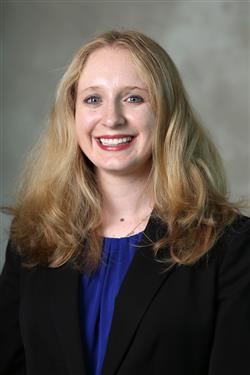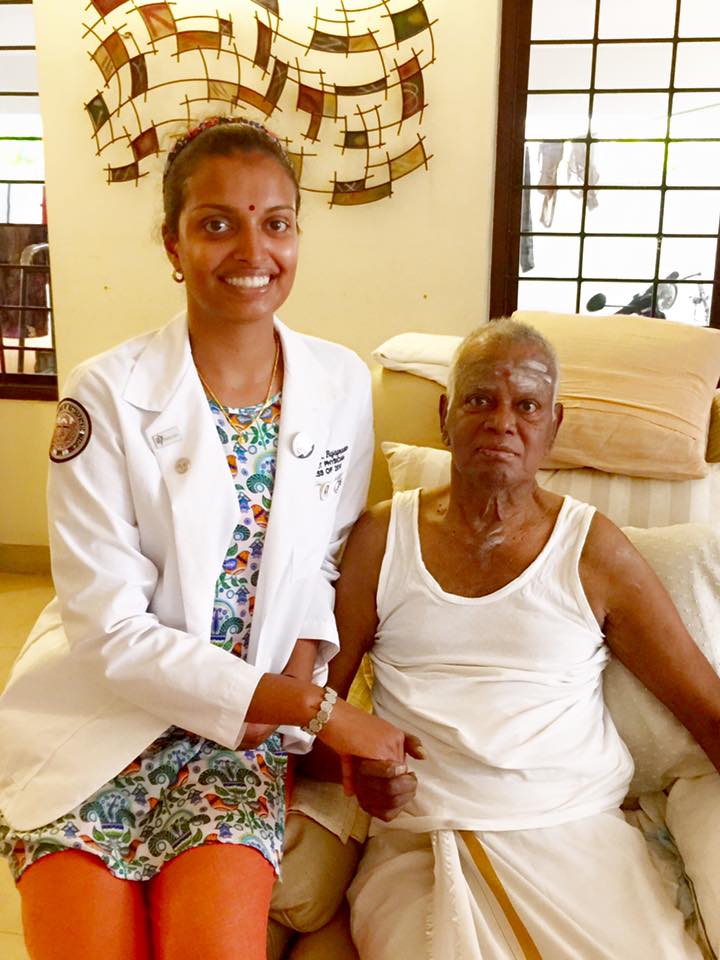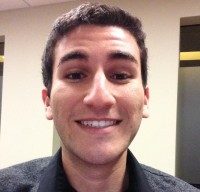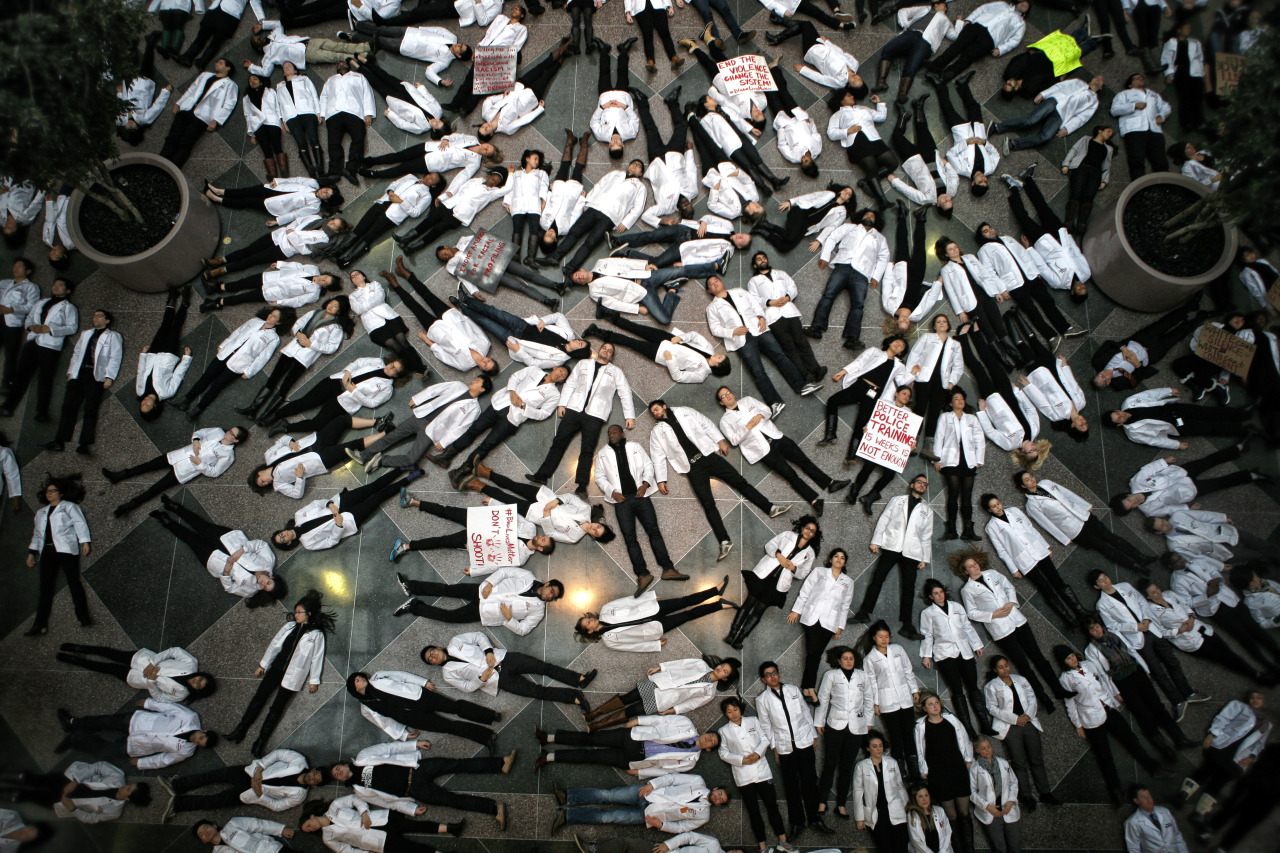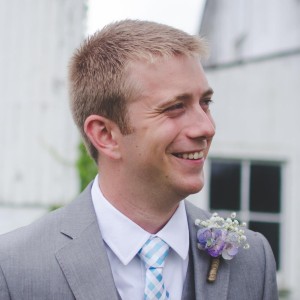The Grand Tour of the Human Body
“This is a place where the dead are pleased to help the living.”
These words always greet me upon entering our anatomy lab. A similar saying in Latin is inscribed at the Palazzo del Bo at the University of Padua, home of the world’s oldest anatomical theater.


